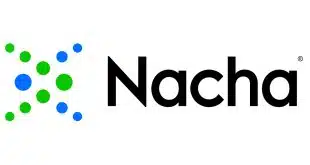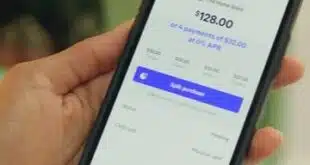By Kevin Woodward
n
Consumers wanting a way to make online payments with some anonymity may be able to use the new Pay in Private virtual prepaid card service available as an iPhone or Android app.
n
Debuting today, Pay in Private enables consumers to fund accounts so they can use virtual MasterCard Inc.-branded prepaid card numbers to make online payments for purchases such as gaming, fantasy sports and dating services, says Jerry Klein, president and chief executive of the Irvine, Calif.-based company. He estimates U.S. consumers spend about $10 billion annually on these types of digital services.
n
“It’s not a solution for everybody,” Klein tells Digital Transactions News. “It’s a solution for a segment of online e-commerce.” The service also is ideal for those consumers without a payment card, he says. Net1 UEPS Technologies Inc., a South Africa-based payments company, provides the technology for Pay in Private.
n
To use Pay in Private, consumers can set up their accounts on the Pay in Private Web site or using the smart phone app. Information about the phone’s number and carrier is needed, as is personal information like the consumer’s name and address. Pay in Private also requires a birth date and Social Security number to verify the consumer’s identity. Klein says this is necessary because the Pay in Private accounts are held by The Bancorp Bank, which issues the virtual MasterCard card. The Federal Deposit Insurance Corp. insures accounts.
n
Pay in Private users may fund the account using cash via MoneyGram International Inc. a wire-transfer service, a bank transfer or direct deposit. The service has a monthly $4.95 fee for consumers. Merchants pay no costs beyond their typical payment processing fees.
n
A unique, one-time-use 16-digit prepaid card number is then used for transactions, allowing consumer to bypass using their actual credit or debit card numbers online.
n
Users also can use Pay in Private to make person-to-person payments, by sending a virtual card via email or text message.
n
Safeguards ensure Pay in Private is used for value transactions. They still go through an authorization process where the merchant code is checked, Klein says. A Pay in Private transaction flows from the consumer to merchant, and is subject to the same authentication and fraud checks as a physical card transaction, he says.
n
Pay in Private may strike a chord with consumers, says Beth Robertson, an independent payments consultant. “The name, Pay in Private, tends to focus attention on the privacy aspect of this service and this attribute can be valuable, but there is also a security benefit to the solution’s use of one time card numbers,” Robertson says in an email to Digital Transactions News. “To me that feature, combined with the network brand (which will assure widespread acceptance), and the FDIC-insured prepaid account are the benefits that will appeal to the large numbers of online or potential online shoppers who are concerned about fraud.”
n
The privacy benefit, however, may not be as potent, she says. “Balances and transactions through the prepaid account will also be subject to some scrutiny,” Robertson says. “Although there is a segment of consumers who like the idea of anonymity in online purchasing and who like making purchases with cash for that reason, the branded prepaid debit functionality cannot achieve the same degree of anonymity as cash.”





